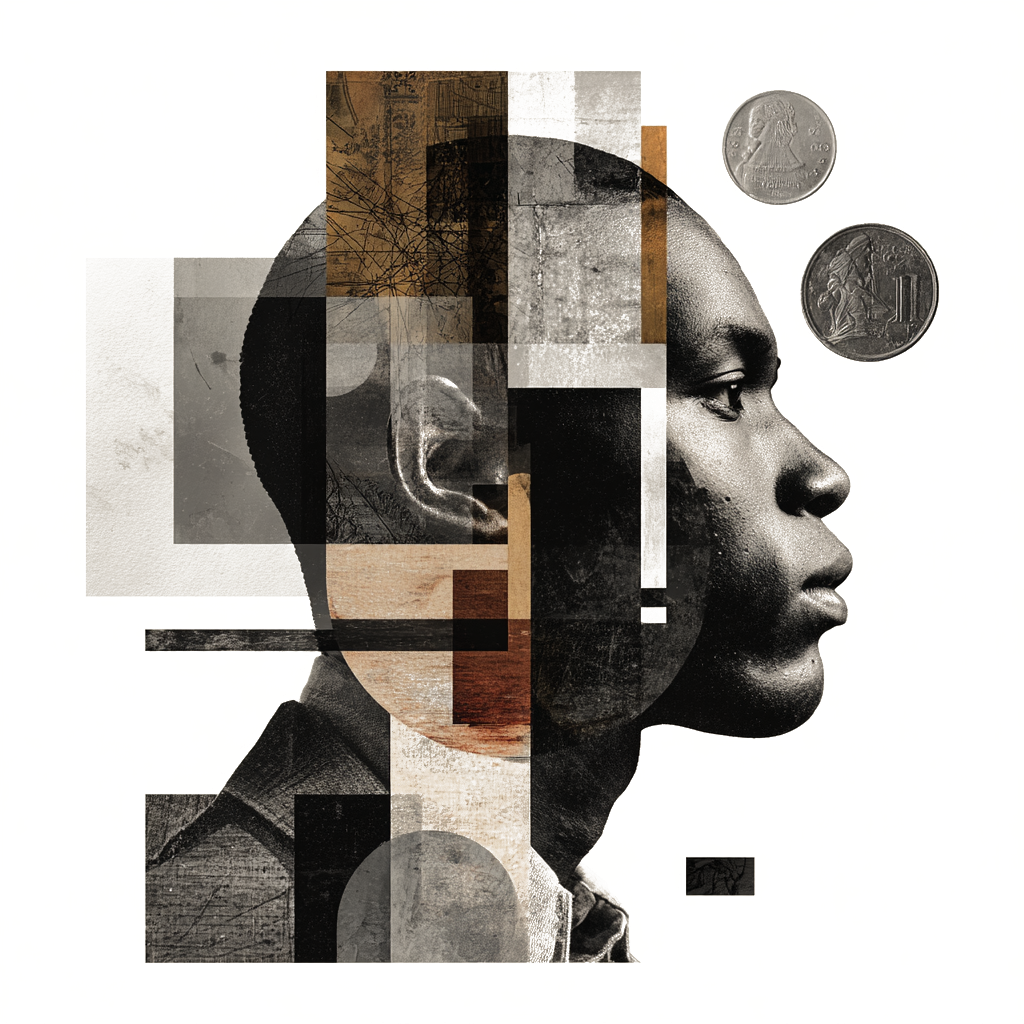Matthew Dimick is a legal scholar and Professor of Law at the University at Buffalo School of Law, where he also serves as Director of the Baldy Center for Law & Social Policy. His interdisciplinary research focuses on law and political economy, with a special emphasis on labor law, economic inequality, and redistribution policy in the United States.
Dimick’s recent scholarship explores a range of critical issues, including the role of race under capitalism, the intersection of labor law and republican political theory, and the comparative impact of antitrust enforcement and labor policy on corporate power and worker welfare. He is currently researching the relationship between capitalism and antidiscrimination law and co-editing a volume on Jürgen Habermas’s legal and political theory.
SPEAKING
Dimick teaches a wide range of courses, including contracts, labor and employment law, employment discrimination, law and society, federal income tax, and comparative labor law




